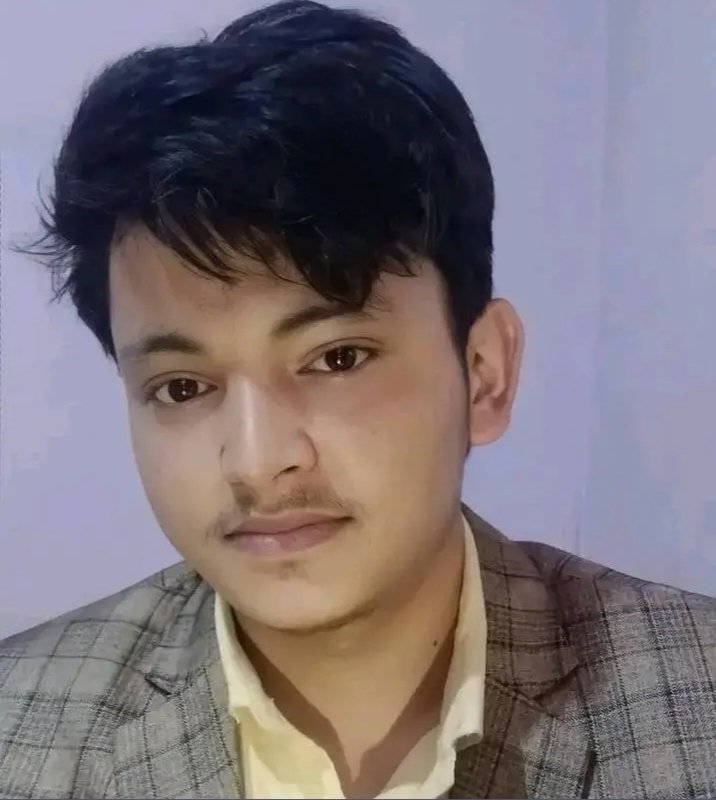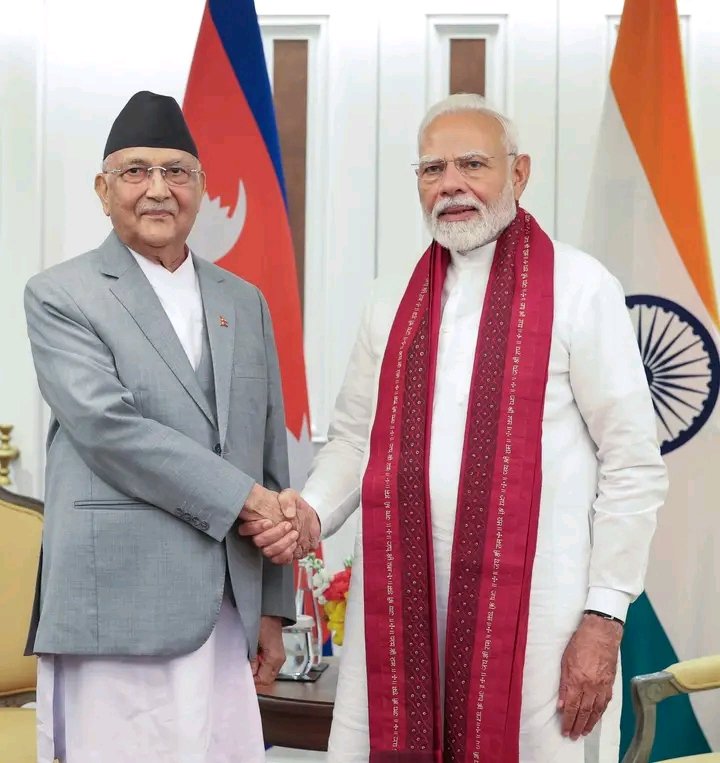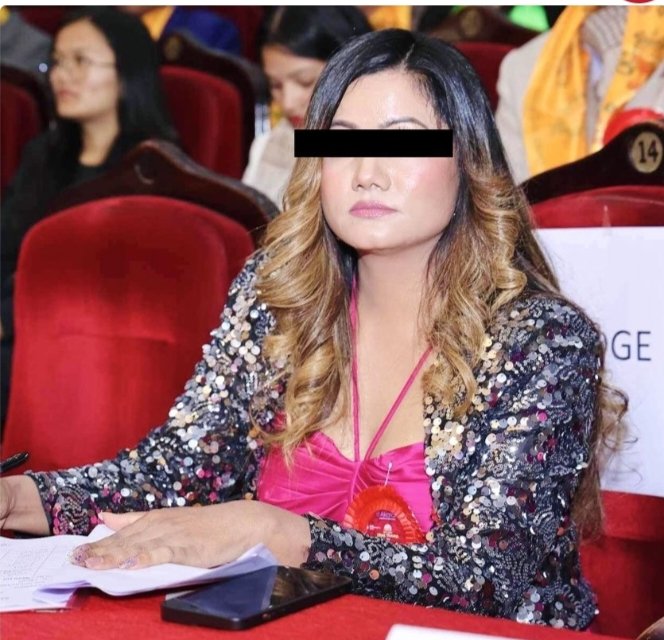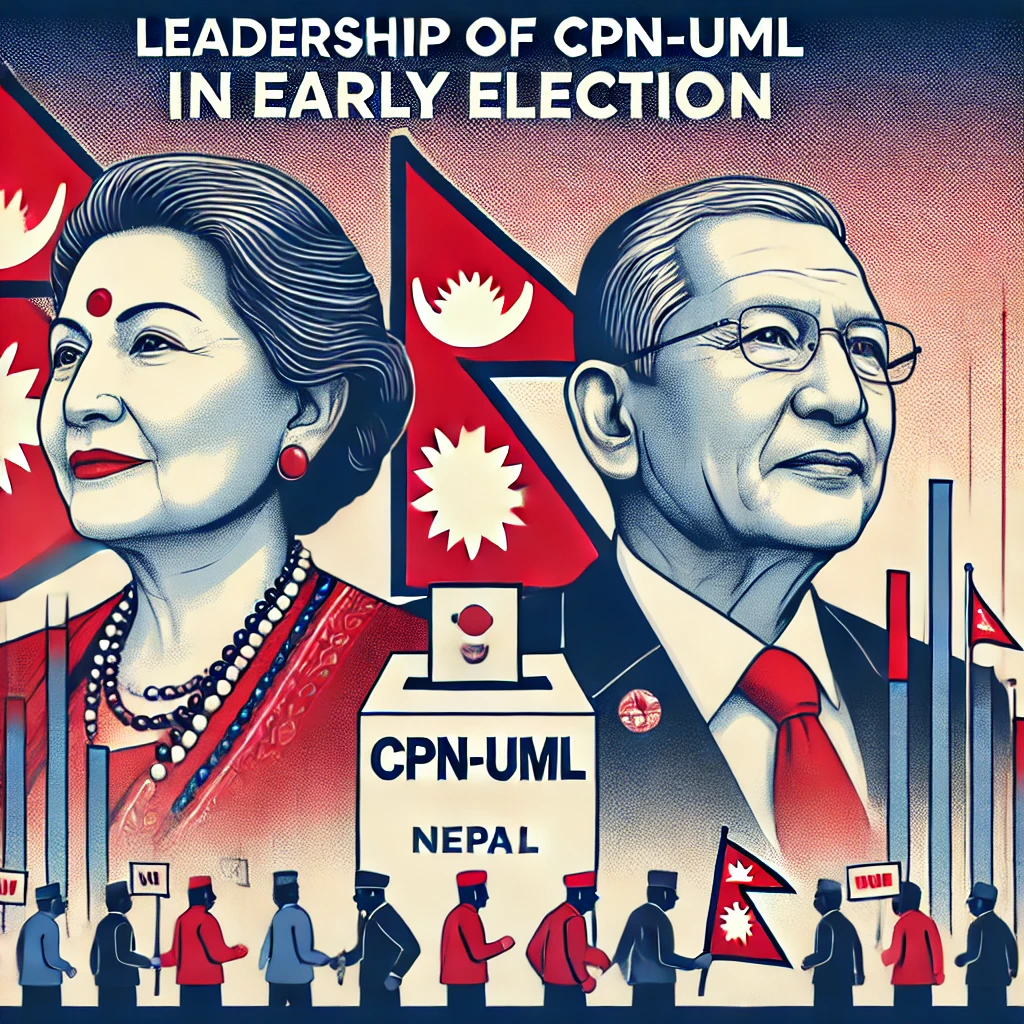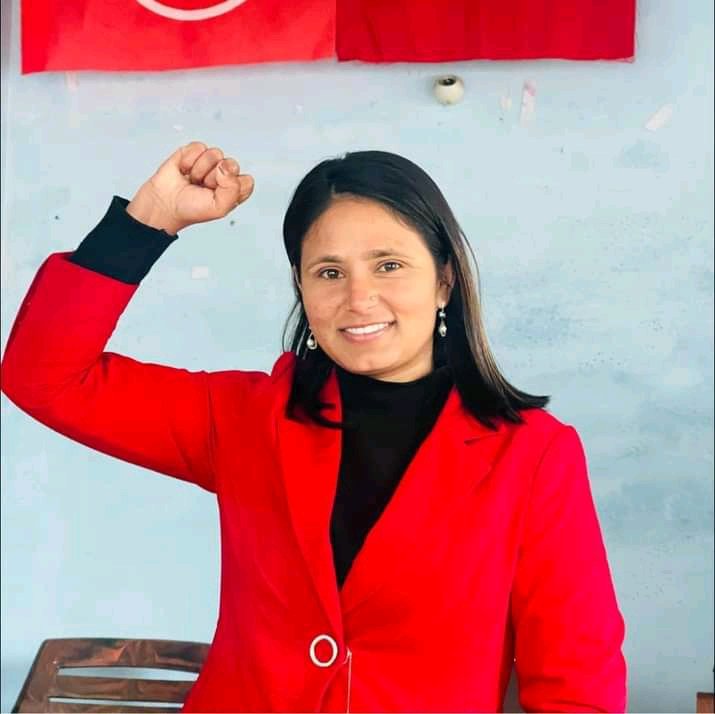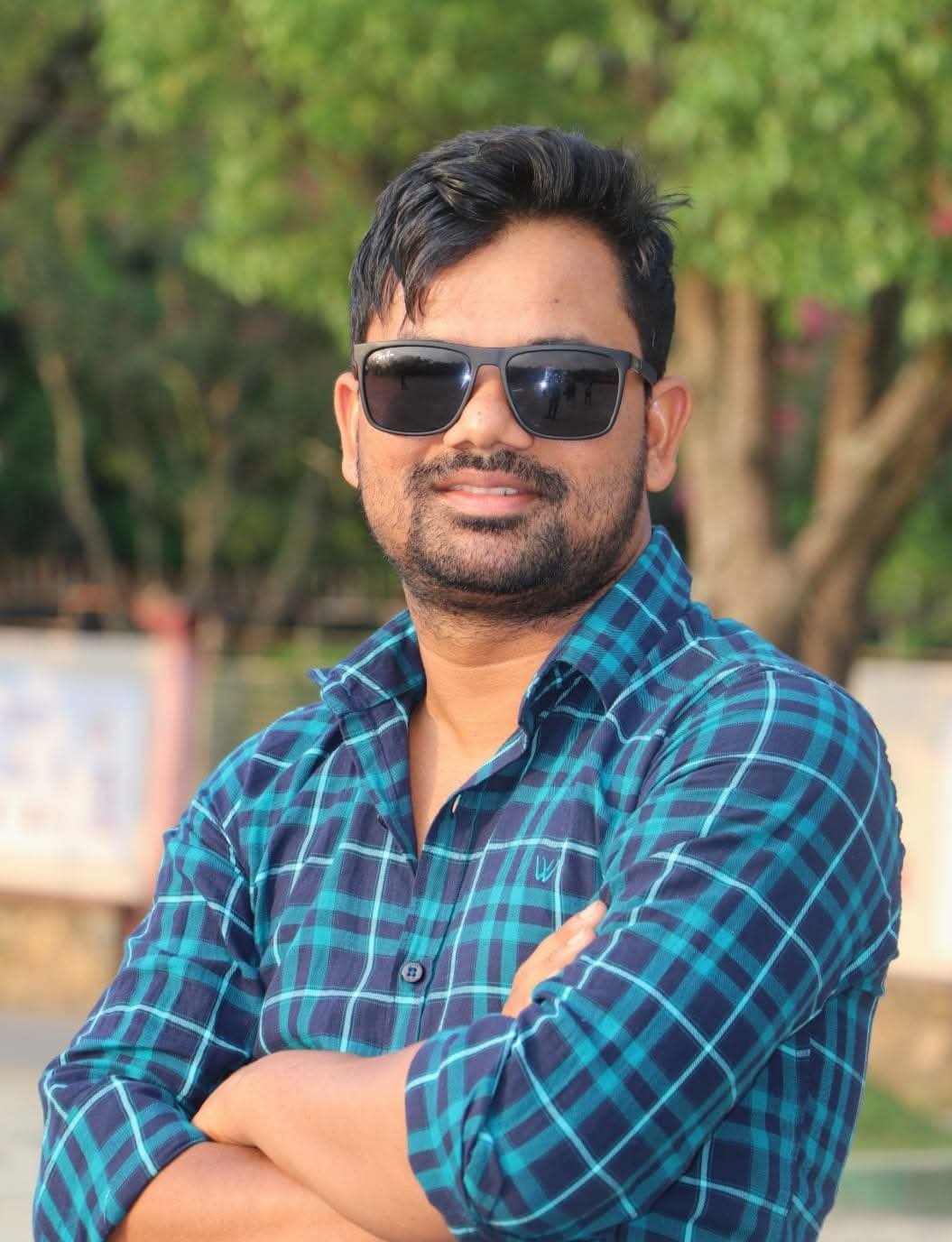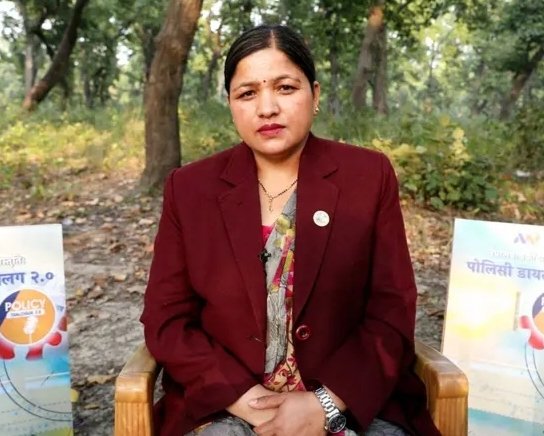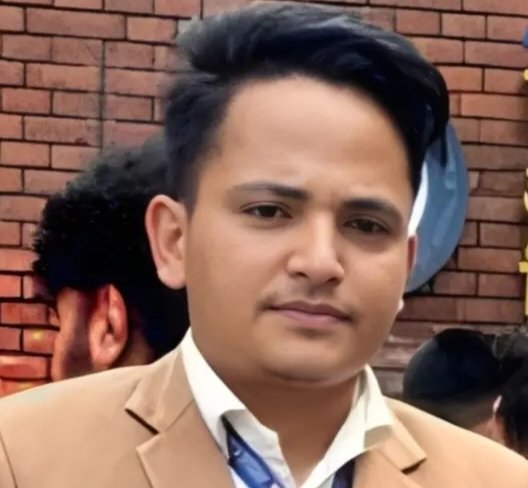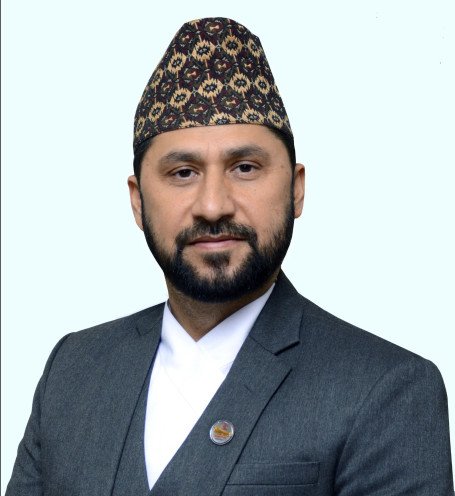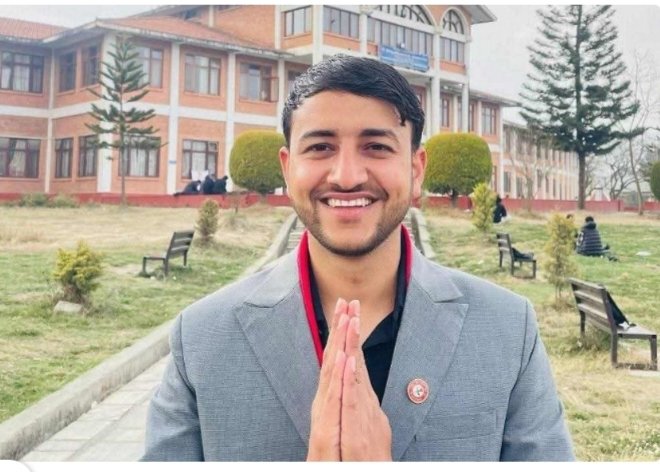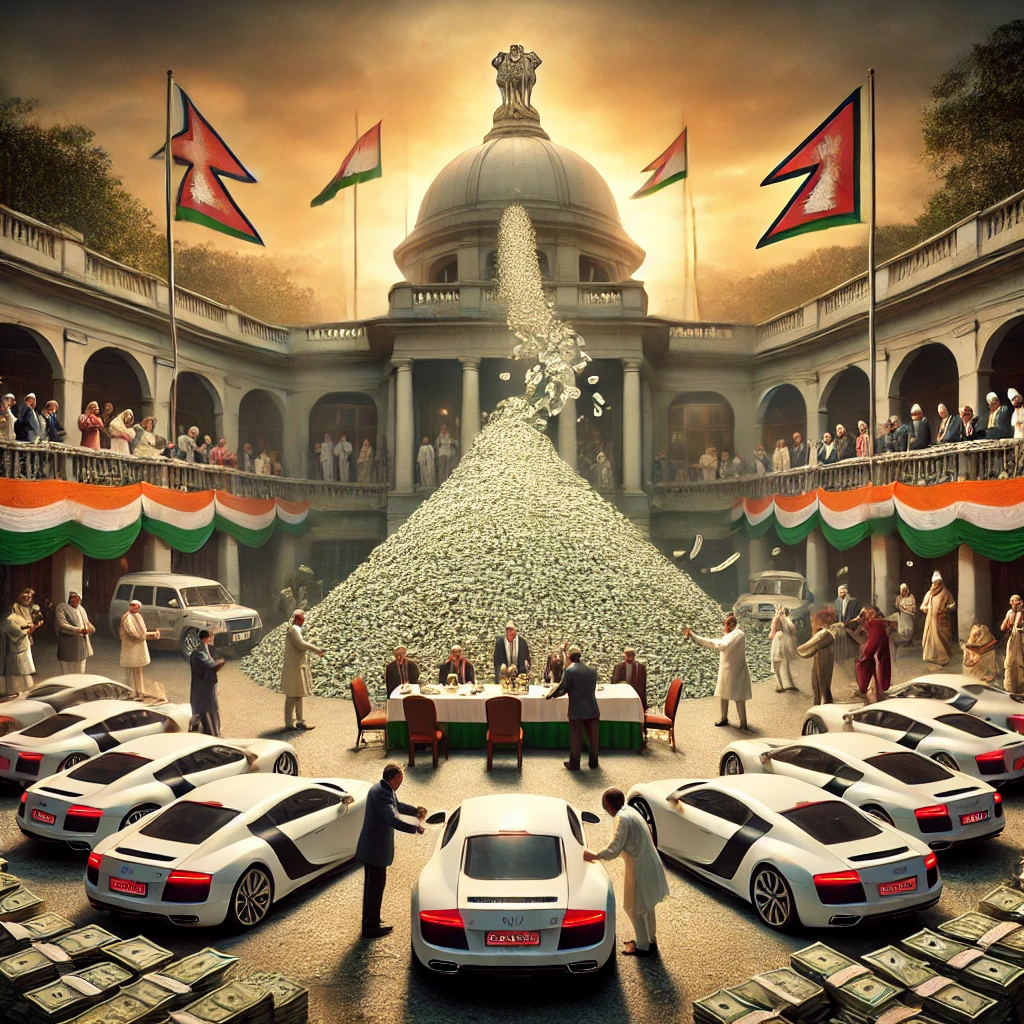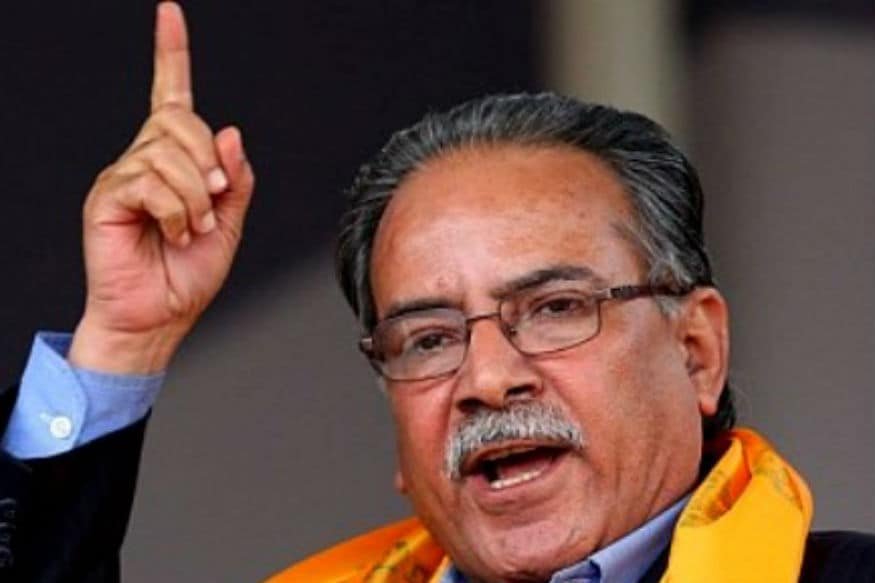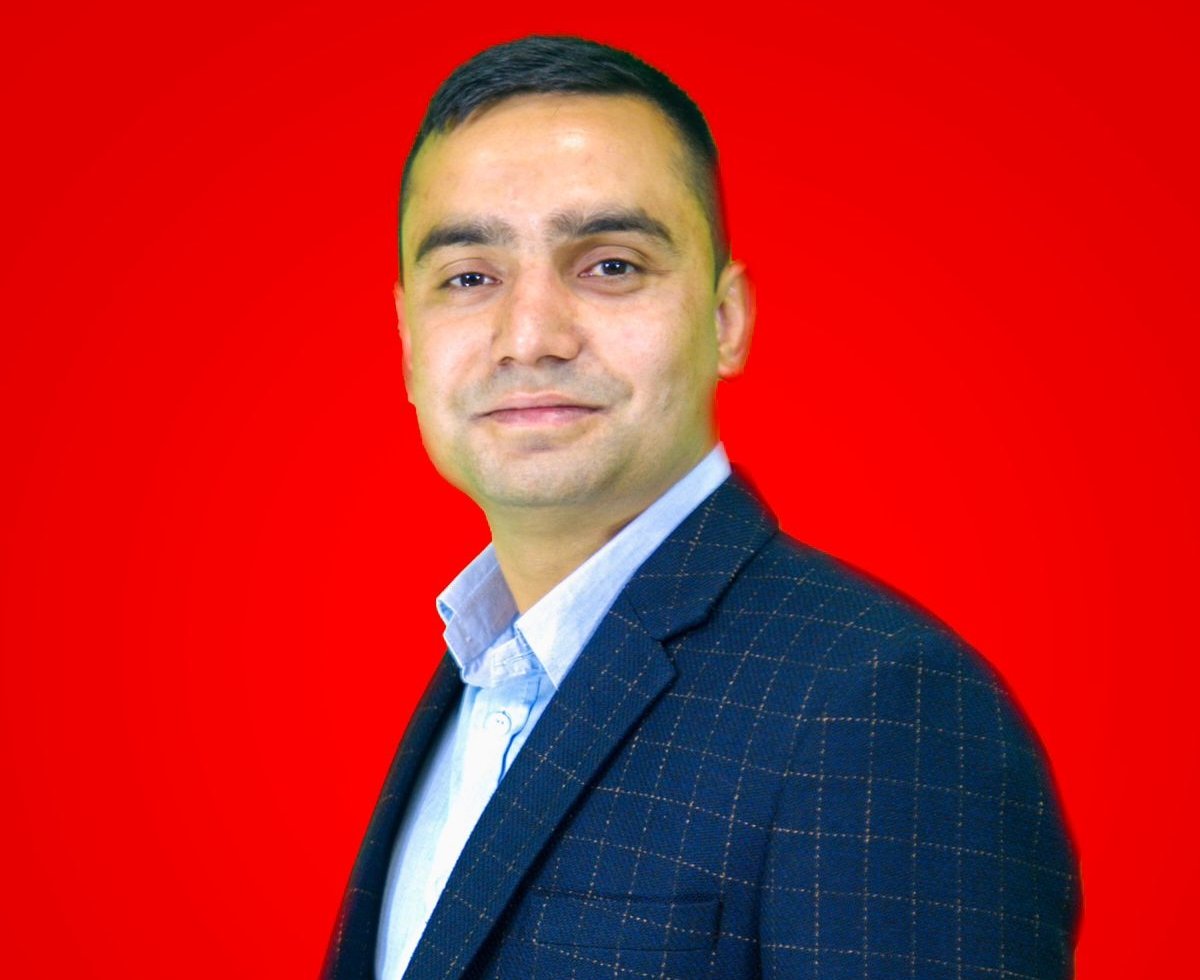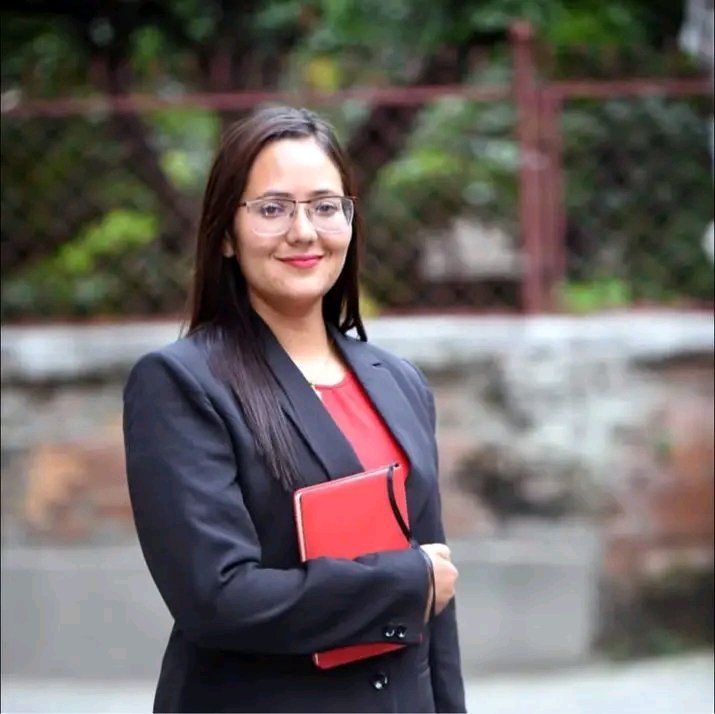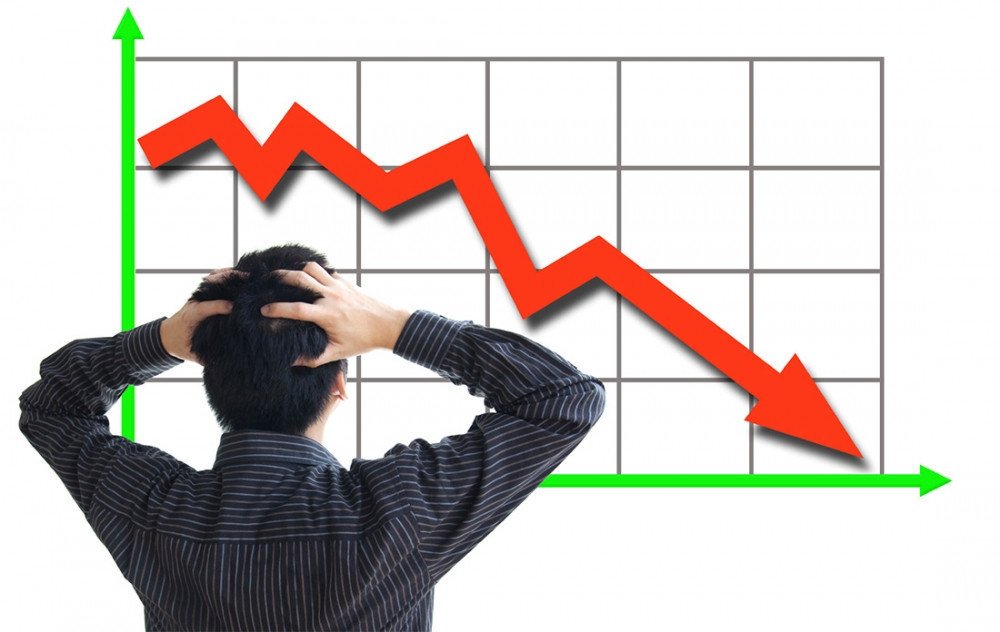


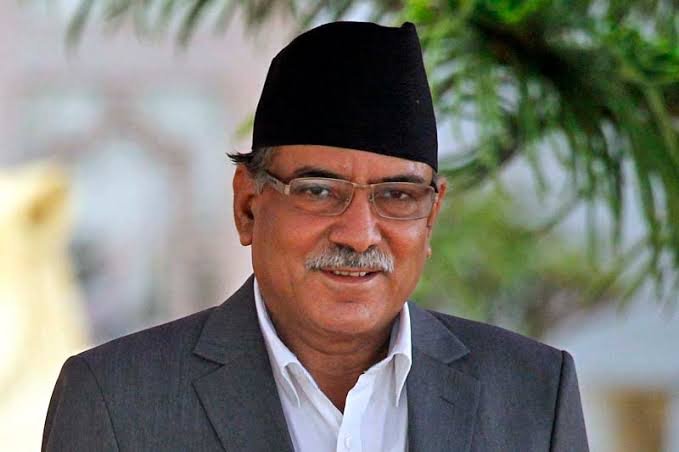
Last Friday (November 1), Prime Minister Pushpa Kamal Dahal, who came to inaugurate the Anbukhaireni Hospital in Tanahun, reassured about the longevity of power and said, ‘…friends used to say – you will not last more than a month. But it’s been ten, it must have been eleven months, he’s still alive. He is still the prime minister.’ Prachanda, who has given a written promise to Nepali Congress Chairman Sher Bahadur Deuba and CPN Unified Socialist Chairman Madhav Kumar Nepal that he will step down as prime minister after two years, has become commonplace to make public statements about the life of the government in this way. As soon as there is a topic about the performance of the government, he also talks about the term of office. Prachanda said in Ambukhareni that day that the current power coalition will last for five years. This alliance is going to last for five years, no one will shake it. “Unity within the alliance is very important,” said Prachanda.At the same time, he also announced that if he leaves power, he will go among the people..’Prachanda’s public statement in Ambukhaireni can be evaluated as a one-year period after the general election-2079 (today, it has been one year since the election on November 4). Looking at the events and political decisions, it can be concluded that a year has passed since Prachanda became the Prime Minister and his homework/commitment to maintain power.During this period, all the parties in the parliament, except the Nepal Labor Farmers Party (NEMKIPA), which has one seat, have taken turns to participate in power formation, and the cabinet has been reconstituted for the 12th time in seven months. Prachanda appointed Anita Devi as the Minister of Federal Affairs and General Administration on July 29 when the Cabinet was expanded for the second time.Pradeep Gyawali, Deputy Secretary General of the main opposition party CPN-UML, considers this period of general elections as a year of disappointment. “Political instability, opportunism, lack of value, economic crisis continued to be the hallmark of this period,” says Gyawali.The ruling leaders do not fully agree with Gyawali’s conclusion. However, the political course took holdHe admits that he could not. It is a good thing that some cases of major corruption were exposed during the period of one year. But it was not possible to hold the rhythm and create hope in the people. That is why chaos and regressive activities have increased”, says Ram Karki, Secretary of the ruling party Maoist Center.Politics on the way to the year 2051Prachanda, who has spent years changing his companions in power, ministers, chief ministers and provincial ministers, had to be reassured about the longevity of his power. While the Maoist Center, which won only 32 seats, had no mandate to form a government.But Prachanda, who contested the election from the Congress-led alliance, decided to join the UML alliance to become the prime minister for the third time. On December 10, 2079, Prachanda became the Prime Minister from the coalition of UML, Rashtriya Swatantra Party (RASWPA), Rashtriya Prajatantra Party (RPP), Janmat Party and Civil Liberation Party, which emerged in national politics after receiving unexpected votes. According to Prachanda’s prior agreement, Congress president Deuba claimed the prime ministershipHe argued that he did not leave.But at that time, Prachanda agreed with the UML, which was ready to accept the Prime Minister, on the distribution of shares from the President to the Chief Minister. Prachanda, who agreed to leave the UML as the President and take over the Vice President Maoists, had agreed with the UML on the Prime Minister, Speaker and Chief Ministers. Accordingly, Speaker, Deputy Speaker and Chief Minister were appointed.But after winning 89 seats (losing one seat in the by-elections), the Congress leadership, which became the first power, began to lose its self-interest to return to power at any cost. Needless to say, when the presidential election was reached, Prachanda returned to the Congress, changing the power alliance.Congress leader Ramchandra Paudel was elected President on 25 February, with the support of the party, including the Maoists. The UML, which became the second power after winning 79 seats, was not only angry with Prachanda’s decision, but has adopted a policy of continuous non-cooperation. Like UML, RPP, RSWP and Janmaat also decided to leave the government within three months.The effect of the changes in the union’s political alliance was felt in the provinces. Provinces led by UMLThe perverse practice of changing chief ministers and removing ministers was seen in Koshi province. Four chief ministers of the United Government have changed in Koshi within a year, and now the government led by Kedar Karki, who rebelled from the Congress, is running. But using the last option to form the government (Article 168 (5) of the Constitution), the government led by Karki, who became the Chief Minister, still does not have a strong basis for stability.Former parliamentarian Krishnabhakta Pokharel says that the effect of political maneuvering based on self-interest for the whole year has affected the performance of the parliament and the government. The main task of Parliament is to make laws. But this was only one law in one year, while the Parliament of 2074 made 16 laws related to fundamental rights and more than 150 laws (new constructions and old amendments) to implement the Constitution in one year, says Pokharel.His analysis is that the work of the government has not been effective due to constant changes of ministers. A minister is like a CEO. The cabinet was reconstituted for the 12th time in such a short period of time, how did the work of the government go after the power companions kept changing?It can be evaluated’, he says.Congress General Minister Vishwaprakash Sharma also says that the Parliament is not doing the work it should. The government has given a good message by opening the corruption case. But after only one law was made, there was a need for meaningful intervention in the future,” he says.UML Deputy Secretary General Gyawali says that the voices of those who question the system have increased when the work of the government and parliament has been disappointing for a year. “The weakness of the character (prime minister) is raising questions about the reliability of the system,” says Gyawali.Even if it is assumed that he concluded by taking his party position, all the old parties agree with the conclusion that those who question the system have increased. Accordingly, the announcement of the respective party programs can also be used to estimate the performance of this government.Whereas last year’s election gave mandate to the old parties and their leadership to correct their working style. Within seven months of the announcement of the party, the Ravi Lamichhane-led RSVP had won 20 seats (one seat was added in the by-elections). A citizen of West NepalIn Unmukti and Madhesh, the Janmat Party got unexpected votes. For the first time after the establishment of the republic, the party of former Panchayats, the RPP, won 14 seats and excited the monarchist public opinion. As it affected Congress, UML and Maoist, no single party formed a single government.Due to the unexpected emergence of new parties, there was a danger that politics would go back to the distorted practice of 2051 when there was a ‘hung parliament’. Both the UML and the Congress could not get a majority in the mid-term elections in 2051 due to internal strife within the Congress, which had won a majority in the 2048 general elections. At that time, UML won 88 seats and Congress won 83 seats, while RPPA won 20 seats.After the fall of Manmohan Adhikari’s government within nine months, due to political instability, RPP leaders Lokendra Bahadur Chand and Surya Bahadur Thapa took turns to become the Prime Minister. This period is considered to be a perverted practice of Parliament. During the parliamentary period of that time, which only focused on power, there were perverted practices like the Bangkok scandal and the rat trend. UML split. System (Parliamentary Practice) PerRaising the question, the Maoists declared an armed rebellion. The culmination of that order reached the situation where Gyanendra Shah prohibited democracy and took power.Looking at one year after the election results of November 2079, it seems that the risk of political crisis returning towards the same ‘year 2051’ has increased. Because the government is not running according to the mandate and the constitution, the Congress-UML is sticking to the policy of prohibiting each other. On the other hand, it is their conclusion that the voice to reverse the current political system (federalism, inclusive republic, secularism and federalism) is growing like wildfire.Congress General Minister Sharma does not think it necessary to worry so much about the system. “The question raised about the system is like the problem of pneumonia when a child is seen, the improvement we make in the situation will solve the problem”, he says.Maoist Secretary Ram Karki also says that the only option is to quell the growing anarchy and regressive activities through the aggressiveness of the revolutionary forces. The problem arises when those in power start offering gold and diamonds. of religionAs soon as it is shown that the state is run by science and not by faith, optimism among the citizens will increase”, he says. But he considers the lack of aggression in the implementation of inclusive republic, secularism and federalism as a problem.Looking at the past year, it seems that the prime minister’s focus is on power, not on strengthening the system as Karki said. It cannot be hidden that in this one year, Prachanda went to India and wore ocher robes, silvered the four doors of Pashupatinath, wore a daurasuruval and spoke about its justification in the parliament, changed the name of the province without listening to the provincial parliamentarians, and appointed controversial people.The new ones are on the same path as the old onesNew parties have emerged from last year’s elections, taking advantage of the growing public dissatisfaction with the old parties that have been in power for four decades. Ravi Lamichhane, who left his job as a television presenter, and started Raswapa, is a big force among them.But Lamichhane did not hide his interest in power in a short period of time. To what extent did he decide to face the accusation of ‘Jata Satta, utai Raswapa’?had taken Lamichhane’s position as Deputy Prime Minister and Minister of Home Affairs, who participated in the government, was removed from the Supreme Court’s decision in the citizenship case.After getting citizenship again, Lamichhane took the same position. But when Prachanda was not ready to give the same ministry again, Lamichhane withdrew other ministers from the government. Even though Prachanda changed the alliance, RSVP maintained its support to the government. Which was commented in the political circle as a crack of power. However, there was no strong reasoning behind the decision that Lamichhane should continue to support the government or that the other ministers of the party should be withdrawn if they do not get a home minister.The Janmat Party, which became a national party based on the votes of Madhesh, did the bargaining of the ministry. The chairman of the said party Sike Raut did not decide to go to the government himself like Ravi Lamichhane and return other ministers if he did not get the ministry of his choice.But the bargaining of the ministry continued. Jata Prachanda, learned there during Raut first Abdul Khan became a minister. Khan became Minister of Water Supply and Sanitation. Raut took the stand of the Ministry of Industry. From the government after not getting the industryThe public opinion that came out again took the decision to go to the government with the Ministry of General Administration.Civil emancipation, which arose with the issue of Tharu identity in western Nepal, also gave more priority to power than agenda. The party’s agenda was to get Resham Chaudhary out of jail and share in the Far West government with the Union as a priority. Whereas the Tikapur massacre had happened in 2072 during the agitation with the agenda of cultural identity.During this period, RPP, which was opposed to the current system, also participated in the government. Prachanda, in his desire to become the prime minister, made RPP chairman Rajendra Lyngden the deputy prime minister and energy minister. At that time, Bikram Pandey from RPP became the Minister of Urban Development and Dhruba Bahadur the Prime Minister of Law, while Deepak Singh was the Minister of State for Energy.
